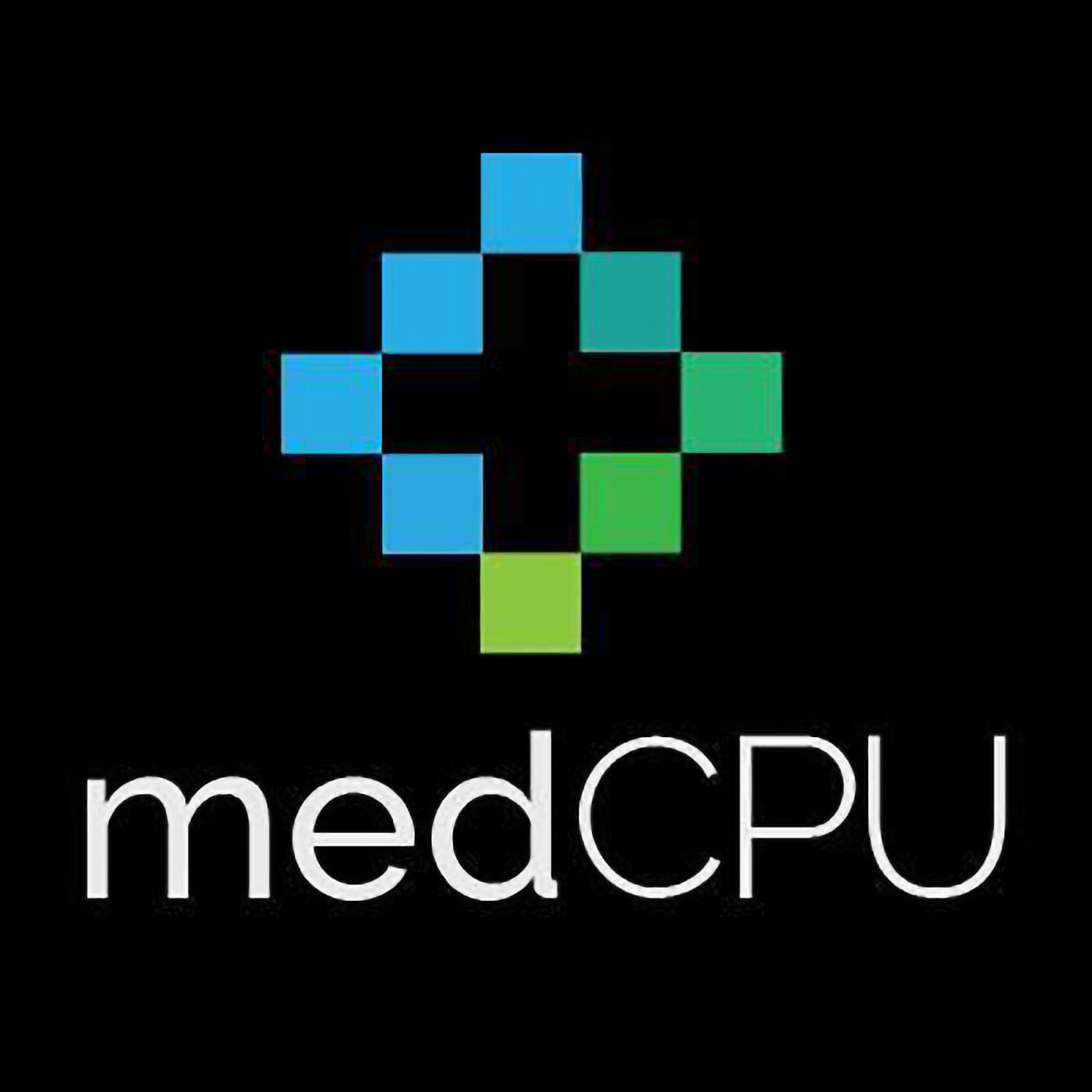Motherboard HDMI Not Working? HDMI is a great way to connect your devices, but sometimes it can get disconnected. This can be frustrating, especially if you’re trying to watch a movie or TV show. If your motherboard doesn’t support HDMI output, you may need to get a new motherboard. This article, medCPU.com will walk you through some troubleshooting steps you can take to try to fix HDMI not working on your computer.
Introduce what HDMI is and some of its benefits
HDMI (High-Definition Multimedia Interface) is a digital video and audio connector that is used in televisions, video monitors, digital audio players, and other digital devices. It is an evolution of the DVI (Digital Visual Interface) connector and supports 1080p high-definition video, 7.1 digital audio, and multi-channel digital surround sound. HDMI provides a single connection for high-resolution audio and video that is compatible with a wide range of devices.
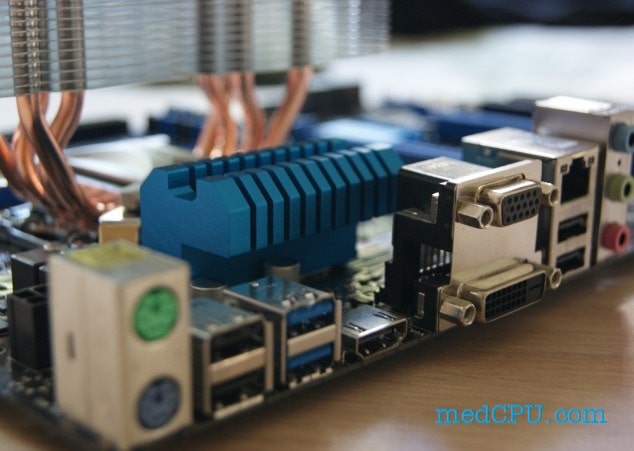
Some of the benefits of using HDMI are:
- HDMI provides a single connection for high-resolution audio and video that is compatible with a wide range of devices.
- HDMI is a digital video and audio connector that is easily connected to a TV.
- HDMI is a reliable connection that supports high-definition video and audio.
- HDMI is a compact connector that is easy to use.
- HDMI provides a simple and easy way to connect devices such as TVs, video monitors, and digital audio players to each other.
- HDMI is compatible with a variety of devices.
Explain why HDMI might not be working
HDMI is a digital audio and video interface standard. It is used to display audio and video content on a television. HDMI is a standard that has been developed by the HDMI Forum, a consortium of companies that includes Sony, Intel, and Nvidia.
There are a few different reasons why HDMI might not be working. One reason is that the HDMI cable might not be working. Make sure that the HDMI cable is plugged into the correct port on the television and the computer. If the HDMI cable is working, but the television is not displaying any content, the problem might be with the television. Make sure that the television is connected to the power source and that the television is turned on.
If the television is connected to the computer, make sure that the computer is connected to the internet and that the HDMI cable is working. If the HDMI cable is working, make sure that the HDMI port on the computer is configured correctly. The HDMI port on the computer should be set to “HDMI” mode.
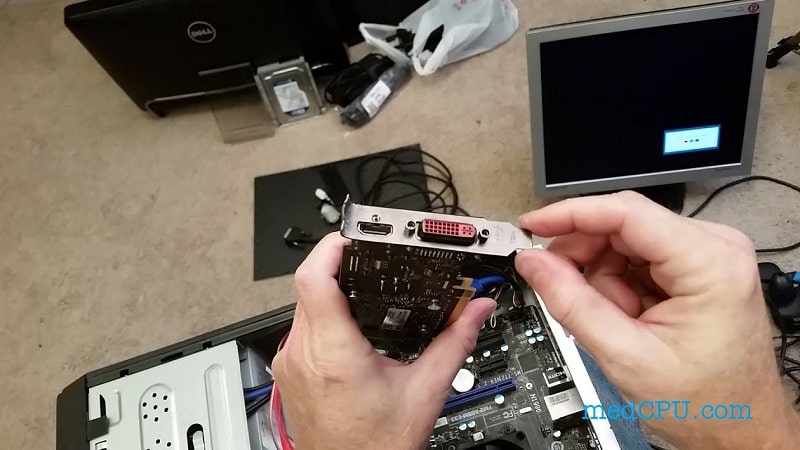
>>> Read more: What To Look For In A Gaming Monitor?
If the HDMI port on the computer is not set to “HDMI” mode, make sure that the graphics card in the computer is configured to use the HDMI port. The graphics card should be set to “HDMI” mode.
If the HDMI port on the computer is set to “HDMI” mode, make sure that the graphics card in the computer is configured to use the correct resolution. The graphics card should be set to “HDMI” mode and the resolution should be set to “1080p.”
If the HDMI port on the computer is set to “HDMI” mode, make sure that the graphics card in the computer is configured to use the correct video output. The graphics card should be set to “HDMI” mode and the video output should be set to “DVI.”
If the graphics card in the computer is not configured to use the HDMI port, make sure that the graphics card is compatible with the HDMI port. The graphics card should be set to “HDMI” mode and the resolution should be set to “1080p.”
Why Is My Motherboard HDMI Not Working?
HDMI is a digital audio and video interface which allows devices to share audio and video signals. It is most commonly used to connect devices such as TVs, Blu-Ray players, and gaming consoles.
There are a few common problems with HDMI that can cause audio or video problems. Here are some solutions:
- Broken HDMI cables: If your HDMI cables are broken, the audio and video signals will not be transmitted. Check to make sure all of the cables are plugged in firmly and make sure there are no twisted or kinked cables. If the cables are still broken, you will need to replace them.
- Incompatible devices: If you have two different types of devices (for example, a TV and a Blu-Ray player) that use HDMI, they may not work together. Try connecting the devices using another type of cable, or try using a different HDMI port on the TV.
- Insufficient HDMI signal: If your TV is not receiving a strong HDMI signal, the audio and video will not work properly. Try moving the TV closer to the devices that are using HDMI, or try using a different HDMI cable.
- Interference: If there is interference in the area, the audio and video signals will not be transmitted properly. Try turning off any devices in the area that might be causing interference, or try using a different HDMI cable.
If you are still experiencing problems with your HDMI connections, please contact your TV manufacturer or the device manufacturer for the device you are connecting.
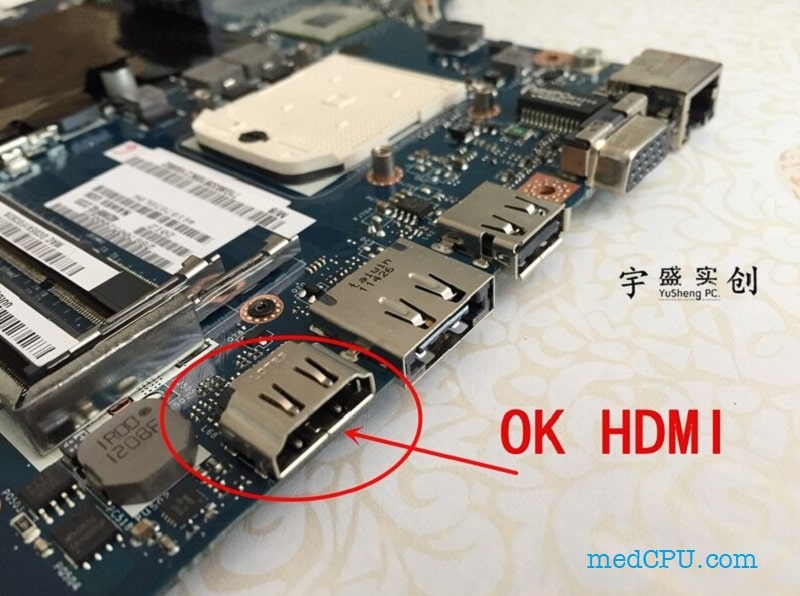
>>> Read more: HDMI ARC vs Optical: Which One Should I Use? (2022)
Give tips on how to troubleshoot HDMI issues
If you’re having trouble with your HDMI connection, there are a few things you can do to try and fix the issue. First, make sure that your HDMI cable is properly plugged into your TV and your devices. If you’re using a cable that came with your TV, make sure it’s an appropriate length; some TVs require a cable that’s at least 6 feet long. If you’re using a cable that you bought separately, make sure it’s compatible with your TV and devices.
Next, make sure that your devices are properly connected to your TV. HDMI is a two-way connection, so if one device is connected to your TV and the other device is connected to the TV but not to any other devices, the TV won’t be able to transmit video or audio. Make sure all of your devices are connected to the same HDMI port on your TV.
Finally, try troubleshooting your HDMI issue by following the tips below.
If your TV is displaying a black screen when you try to watch a video, make sure that the video you’re trying to watch is compatible with your TV. Some TVs have a feature called “picture-in-picture” that allows you to watch two videos at the same time, but only one of the videos will be displayed on the screen at a time. If you’re trying to watch a video that’s not compatible with your TV, you may need to purchase a different video player or use a disc player instead.
If your TV is displaying a black or white screen, make sure that your HDMI cable is properly plugged into your TV and your devices. If you’re using a cable that came with your TV, make sure it’s an appropriate length; some TVs require a cable that’s at least 6 feet long.
If your devices are connected to your TV but the TV is not displaying any video or audio, make sure that your devices are connected to the same HDMI port on your TV.
If your devices are displaying video but the sound is not working, try changing the audio output on one of your devices to HDMI.
If your devices are displaying video but the sound is working but the video is not playing, try restarting your devices.
If your devices are displaying video but the sound is not working and you’ve tried all of the other tips listed here, you may need to call a technician to diagnose the issue.
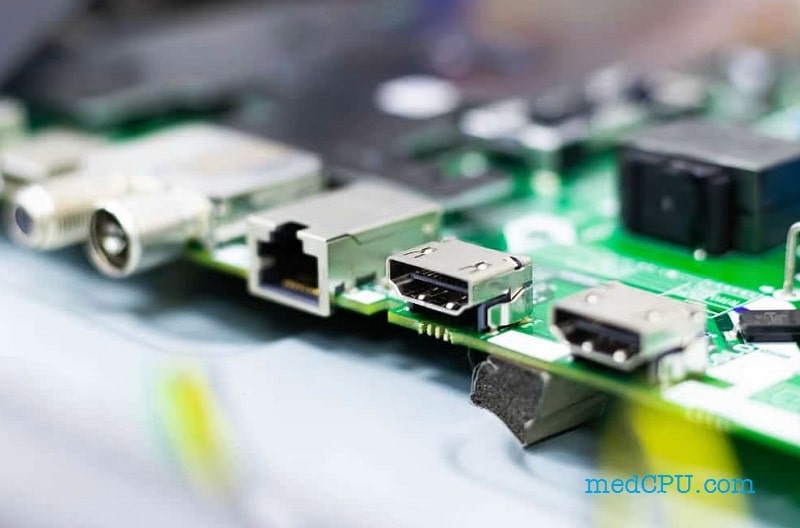
Share resources for HDMI troubleshooting
If you’re experiencing problems connecting your HDMI device to your television, there are a few things you can do to troubleshoot the issue. First, try restarting your television and your device. If that doesn’t work, try connecting your device to another television or monitor and check to see if the issue is specific to that device. If it’s not, you may need to take your device to a service center to have it checked.
Here are some resources to help you troubleshoot HDMI problems:
- HDMI Troubleshooting Guide from CNET
- HDMI Troubleshooting from TV Fool
- HDMI Troubleshooting from How-To Geek
Conclusion
If you are experiencing problems with your HDMI connection, there are a few steps you can take to troubleshoot the issue. First, make sure that the HDMI cable is properly installed and connected to the device and TV. Try swapping the HDMI cables between the devices to see if the issue is with the original cable or the new one. If the issue still persists, try resetting the TV or device by unplugging it and plugging it back in. Finally, if all else fails, you can call an HDMI technician to help troubleshoot the issue.

Eyal Ephrat serves as the co-founder and CEO of medCPU.com, where technology is making significant strides in the field of medicine. Through his experience in purchasing PC and laptop equipment and various other tech products, Eyal Ephrat contributes valuable insights to medCPU’s mission.
